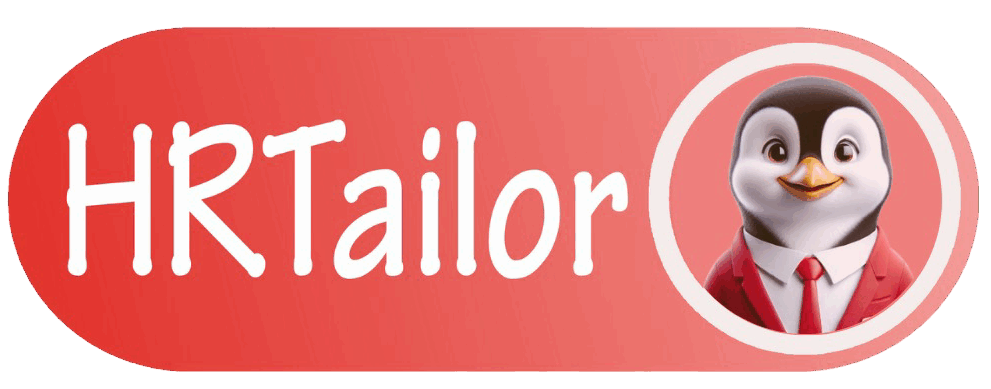
Are You Confident in Your Labour Compliance Practises? Here’s Why You Should Be
Labor compliance isn’t just a checkbox for businesses to tick off—it’s a foundational aspect of running a responsible, trustworthy, and legally sound company. With labor regulations constantly evolving, the challenge of staying compliant can feel overwhelming. Yet, non-compliance can lead to serious consequences, from legal fines to damaged reputations and even a demoralized workforce.
In this article, we’ll dive into why labor compliance matters, the risks of falling behind, and practical strategies that can help you keep your policies and practices aligned with the latest laws. Whether you’re a small business owner or part of a larger organization, understanding labor compliance is essential for protecting your company and building a positive, productive workplace.
The High Stakes of Labor Compliance
Financial and Legal Consequences: Let’s start with the obvious: non-compliance can be expensive. Failing to meet labor law requirements can lead to hefty fines and costly legal disputes. These aren’t minor penalties—labor law violations can result in substantial fines that hurt your bottom line, especially for small and medium-sized businesses. In extreme cases, repeated non-compliance could even threaten your company’s ability to operate.
Beyond fines, non-compliance can also lead to legal battles that drain time, resources, and morale. Defending your company in court over labor violations can be a long and disruptive process, one that takes valuable energy away from your core business activities.
Damage to Reputation and Employee Trust: Labor compliance isn’t just about avoiding legal issues—it’s also about building trust. Employees want to work for companies that respect their rights and treat them fairly. When labor laws are neglected, employees may feel undervalued or insecure, leading to low morale and high turnover rates.
A company with a reputation for non-compliance may also struggle to attract talent. Prospective employees are more likely to research a company’s standing on employee treatment and compliance. A strong reputation for adhering to labor laws, on the other hand, can be a competitive advantage, helping your business attract and retain top talent.
Increased Employee Engagement and Productivity: Compliance with labor laws often translates to a safer and more supportive work environment, which directly impacts employee satisfaction. When employees feel secure in their rights, they’re more likely to engage fully in their roles and contribute positively to the company. Labor compliance helps create an environment where employees can focus on their work, knowing that their employer values their well-being.
Navigating Labor Compliance: Why It’s Challenging
Labor laws aren’t static—they change frequently, often influenced by new government policies, social trends, or economic factors. Staying up-to-date can be challenging, especially when dealing with both national and regional regulations. Here are a few of the main challenges businesses face with labor compliance:
- Evolving Regulations: Labor laws can vary widely from one region to another and are updated regularly. For businesses that operate across multiple locations, keeping track of different sets of rules is a complex task.
- Complex Requirements: Labor compliance often involves multiple areas, from wage and hour laws to health and safety regulations, anti-discrimination policies, and benefits requirements. Each of these has its own set of rules, deadlines, and reporting processes.
- Time and Resource Constraints: For many businesses, compliance is a time-consuming task that takes focus away from growth and innovation. Small businesses, in particular, may lack the in-house resources to dedicate to continuous monitoring and management of compliance standards.
Practical Strategies for Strengthening Labor Compliance
If compliance feels overwhelming, don’t worry—you’re not alone. Many businesses face similar challenges, and there are strategies to make it easier. Here’s how you can proactively strengthen your compliance practices:
- Conduct a Compliance Audit: One of the best ways to start improving compliance is by conducting a thorough audit of your current policies and practices. A compliance audit can identify any areas where your business might be falling short of legal standards. It’s a proactive step that helps you understand your compliance standing and address any gaps before they become issues.
- Develop Tailored Compliance Policies: Compliance isn’t a one-size-fits-all endeavor. Every business has unique operational needs, so your compliance strategies should be tailored to fit those specifics. This means developing policies that address the particular risks and requirements of your industry and workforce. For example, a construction company may need to focus heavily on safety compliance, while an office-based business might prioritize wage and hour laws.
- Stay Informed and Updated on Regulations: Compliance isn’t static. Laws change, and staying informed about these changes is crucial. Many businesses subscribe to industry newsletters, consult legal updates, or join professional organizations that keep them informed of regulatory changes. Setting up alerts or partnering with HR experts can also help you stay on top of any updates that could affect your business.
- Provide Regular Training for HR and Management: Compliance requires buy-in from everyone in the organization, especially managers and HR staff who are directly involved in policy enforcement. Regular training ensures that key team members understand the latest regulations and know how to apply them within the workplace. This can include sessions on harassment policies, wage and hour laws, workplace safety, and other key areas of labor law. Training doesn’t just increase awareness; it empowers your team to handle compliance issues effectively and to recognize potential problems before they escalate.
- Invest in Compliance Management Tools: Compliance management tools can automate and simplify many aspects of labor compliance, from tracking deadlines to generating necessary reports. These tools can help you keep records organized, monitor compliance metrics, and set up reminders for upcoming requirements. By investing in technology, you can reduce the risk of human error and streamline your compliance processes.
Compliance as a Path to Growth and Stability
In an era of increasing regulatory scrutiny, labor compliance is more important than ever. It’s not just a legal obligation—it’s an investment in your business’s stability, reputation, and workplace culture. By staying proactive with audits, tailored policies, training, and compliance management tools, you can turn compliance from a challenge into a strength.
As you navigate the complexities of labor compliance, remember that each step you take to stay compliant is a step toward building a stronger, more resilient business. Compliance isn’t just about avoiding penalties; it’s about fostering a safe, trustworthy environment where your employees can thrive and your business can grow confidently. With a reliable partner like HRTailor, you can focus on what you do best—growing your business—while they handle the intricacies of compliance on your behalf.

